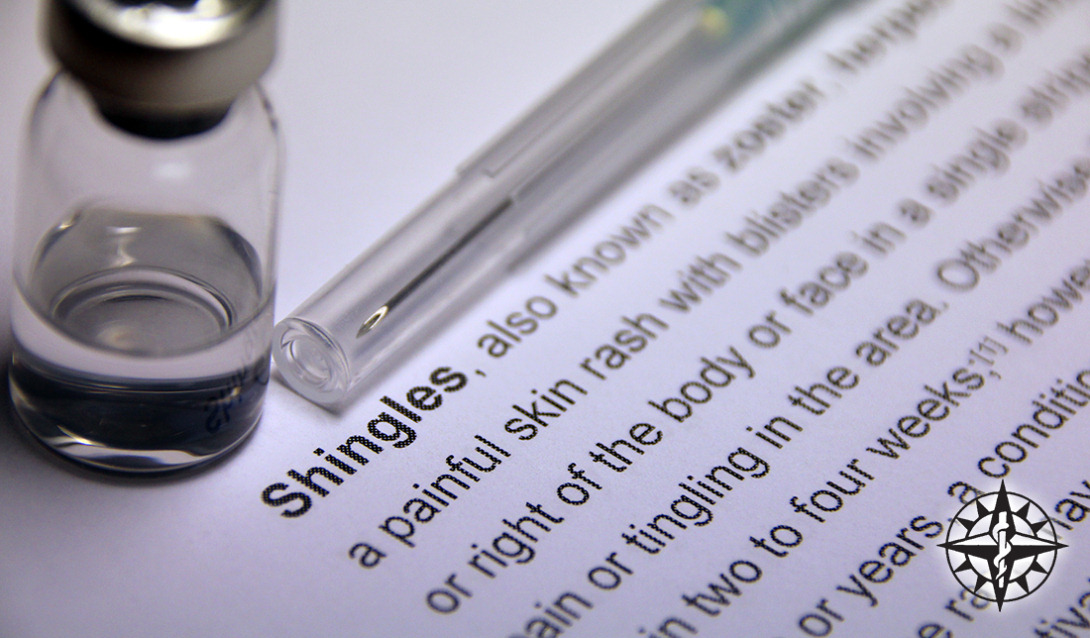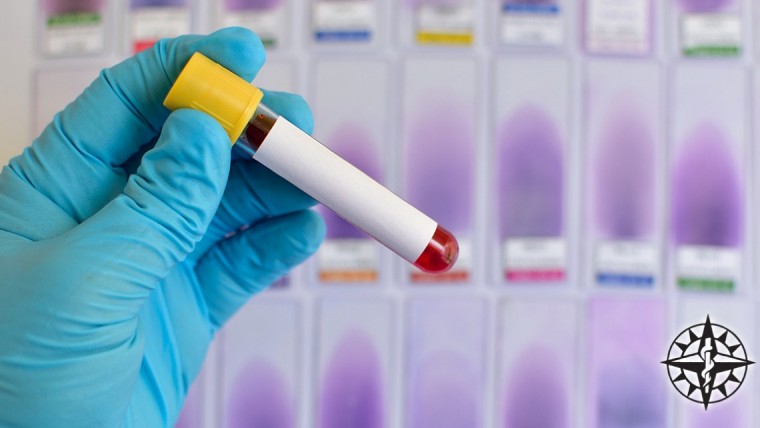Published on: November 13, 2020
What is Shingles?
Many Floridians in their lifetime experience some form of illness from the varicella-zoster virus be it in the form of chickenpox or shingles. Shingles, although not life threatening, can be extremely painful and debilitating. Shingles can cause a rash that can appear anywhere on your body and can cause severe pain, burning, numbness, and itching. Those who have experienced shingles say that the pain can be intense and at times occur even before there is a visible rash. If you have had chickenpox in the past, then you are at risk for developing shingles later in life as the virus lies dormant in your body and can reoccur in the form of shingles at any time.
Who is Prone to Get Shingles?
There is a certain demographic that is more prone to developing shingles. Read on to know if you or a loved one fall into the at-risk categories. If you have ever had chicken pox in your life or have otherwise been exposed to the virus, then you are at risk of getting shingles. However, people who are 60 and older are more likely to experience shingles along with those who are immune compromised. Approximately 50% of shingles cases are in people who are over 60 years old. Indeed, extra caution is advised for those in that demographic as weakening of the immune systems can allow the virus to awaken in your body.
Complications of Shingles
Shingles can be extremely debilitating. In more severe cases, shingles can spread to your eyes and lead to permanent eye damage or even blindness. In about 20% of cases, shingles can also lead to Postherpetic Neuralgia (PN), which causes severe burning pain for up to months after your shingles rash has healed. You are more at risk for developing PN if:
- You are over 50
- You waited too long to see your doctor and receive treatment
- Your case of Shingles was severe
- You have a chronic disease, such as diabetes, HIV, or cancer
- You are a woman
- Symptoms of pain or itching showed up long before your rash (or pain was present very early)
Shingles in Tampa, FL
Tampa, Florida may be a hotspot for shingles simply due to the demographic of its population. Tampa actually has quite a large senior population. In fact, people over 65 years old account for approximately 19% of the Tampa Bay metro population. Given that shingles is somewhat more common for people over 60, it’s easy to connect the dots. Shingles cases tend to be higher in the Tampa metro area than other comparable cities in the U.S. due to the large number of senior citizens in the Tampa Bay area. As people age, their immune systems weaken and other chronic diseases are often present.
What to do if you think you have Shingles?
If you are concerned that you may have shingles, then there are a few things that you can do to ease your pain before seeing your general practitioner (or visiting an urgent care clinic). Going to your doctor early for diagnosis and treatment can help limit some of the symptoms and reduce the risk of complications. Shingles can last two to four weeks. The virus can be treated, but not cured. Some treatments that could reduce the symptoms and limit the spread of the virus are to:
- Cover the rash with clean, non-stick dressing or clothing to reduce infection rate to others.
- Take pain killing medication such as NSAIDS or Tylenol
- Take antiviral medication to stop the virus from spreading
- Apply a cool compress to relieve swelling and pain
- Apply calamine lotion to itchy skin
Is Shingles Contagious?
Shingles is caused by a contagious virus and extra caution is advised. The virus can spread to someone and give them chickenpox if they have never had chickenpox before (or have never received the vaccination). For it to spread, there would have to be direct contact with the rash and fluid that comes from it. Shingles is infectious in its blister stage and is not able to be passed before the blisters appear or after they have crusted over. Since chickenpox can be dangerous to some individuals, those who have shingles should be aware of who they are around if they are experiencing a flare up.
Should You Get the Shingles Vaccine?
The CDC recommends that anyone who is over the age of 50 get the Shingles vaccine (since that demographic is most at risk). While it is still possible to get shingles after receiving the vaccine, your chance of getting shingles is greatly reduced. If you do still get shingles after getting the vaccine, your symptoms may not be as severe as someone who has not received the vaccine. Moreover, you could be saving yourself from an enormous amount of pain and compilations such as Postherpetic Neuralgia.
If you have already had shingles, it is still recommended that you get the vaccination in order to prevent any future outbreaks of shingles. The recommended vaccine now is called Shingrix and you will receive two doses usually in the upper arm. Remember to first get approval from your doctor. Let your doctor know if you are on any medications, especially medication that may impair your immune system, or if you have any immunocompromising conditions, such as HIV. If you have never had chickenpox in the past, the CDC urges you to get the chickenpox vaccine (i.e. the one given in childhood) to protect yourself.
Possible Side Effects of the Shingles Vaccine
Major side effects are not expected when taking the shingles vaccine, but there is a chance for an allergic reaction. Milder side effects may include:
- Redness, soreness, swelling, or itching at the site of the injection (about 1 person in 3).
- Headache (about 1 person in 70).
It is possible to get a chickenpox like rash at the site of injection. As a precaution, it’s best to cover it until it goes away.
Infectious Disease Associates of Tampa Bay (IDATB)
Infectious Disease Associates of Tampa Bay is dedicated to providing outstanding care to their patients. If you feel that you are at risk for getting shingles or have questions, then IDATB is here to assist you. Please contact us via phone at 813-251-8444 with any questions or concerns about shingles or any other infectious disease. IDATB has been serving the Tampa Bay community for several years. We take great pride in our level of service quality to patients, whether they are from Tampa, Clearwater, Lutz, Largo, Apollo Beach, Brandon, or St. Petersburg.





